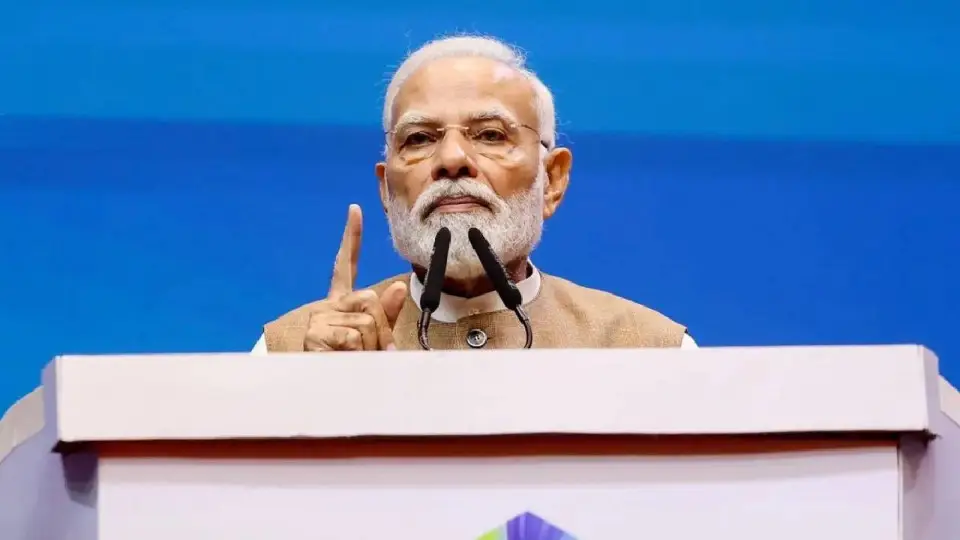
G20 Summit (Credit: OpenAI )
New Delhi: At the opening session in Johannesburg, PM Modi called for rethinking global development priorities. He said progress must be inclusive and based on sustainable values. With Africa hosting the summit for the first time, he emphasised that this moment represents a turning point. He argued that deprived regions need fair opportunity in growth strategies. He suggested using civilisational wisdom to balance lifestyle changes and resource gaps. His speech focused on correcting long term global imbalance.
The Prime Minister proposed creating a Global Traditional Knowledge Repository. This platform would preserve eco-friendly cultural practices used worldwide. He said India’s Indian Knowledge Systems framework could act as the base. The initiative aims to collect models related to health, climate management and social harmony. He highlighted that lifestyle shift and global warming make such documentation urgent. This proposal encourages nations to combine modern tools with inherited experience.
PM Modi announced the G20–Africa Skills Multiplier Initiative to support youth training. He explained that the project will follow train the trainer process. The plan targets developing one million certified trainers in Africa within ten years. These trainers will transfer skills to millions more, boosting employment and innovation. He linked this to India’s historic bond with Africa. He reminded partners that African Union joined G20 permanently during India’s presidency.
The Prime Minister warned that synthetic drugs like fentanyl are rising worldwide. He said such substances threaten public health and internal security. He proposed a G20 Initiative on Countering the Drug–Terror Nexus. The focus will be disrupting trafficking networks, blocking illegal financial routes and weakening funding sources for terror operations. He called this a global responsibility. He insisted unified action is necessary for long term safety.
PM Modi noted Africa’s youth population could drive global growth if given opportunity. He said current frameworks do not sufficiently address regional imbalance. He encouraged nations to treat Africa as a central growth partner. He argued that inclusive and sustainable models must include those previously left behind. He described this summit as a course correction. Leaders were urged to set goals based on fairness and future readiness.
During his address, the Prime Minister referred to India’s concept of Integral Humanism. He described it as a balanced path linking human welfare with sustainable use of resources. He said development must consider emotional, social and environmental needs. He suggested using value-based traditions as guiding methodology. This approach could help nations form policies that are dynamic yet rooted. He encouraged adapting to modern demands without losing heritage balance.
Global leaders are expected to debate these initiatives as they set goals for the next decade. Discussions may include knowledge preservation, workforce readiness and cross-border security collaboration. If adopted, the programmes could influence policy frameworks across continents. Experts believe this marks India’s attempt to merge civilisation-based thinking with practical cooperation. The proposals have positioned the summit towards long term transformation. Delegates responded positively to the call.

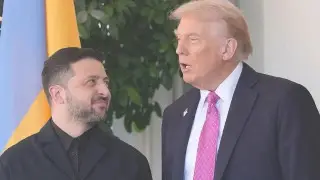
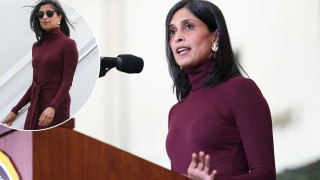
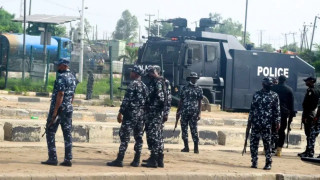
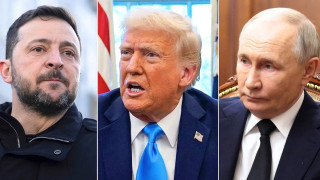








Copyright © 2025 Top Indian News
